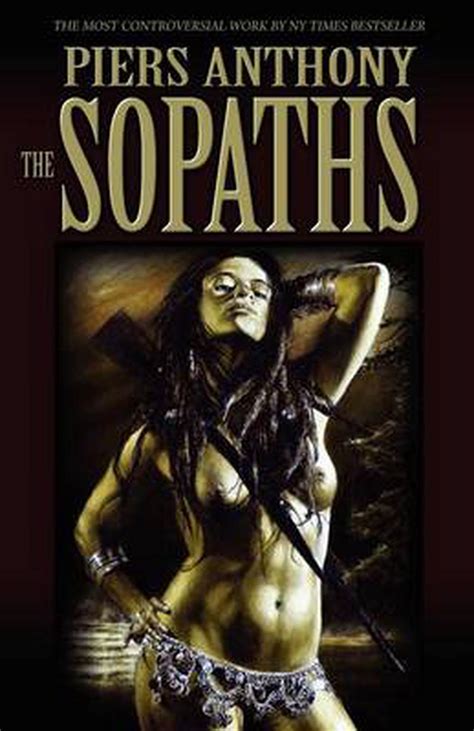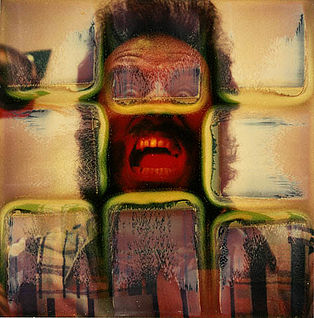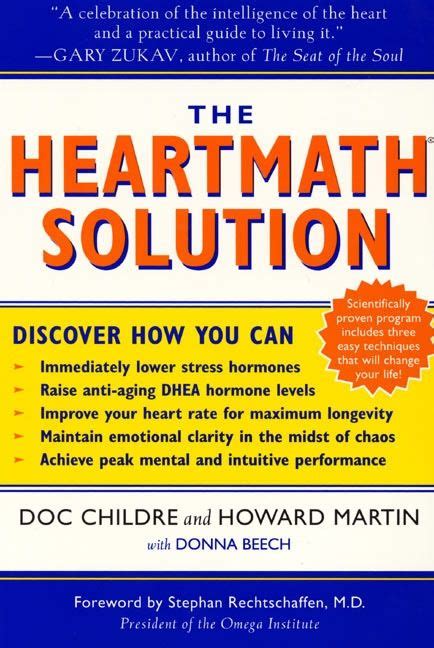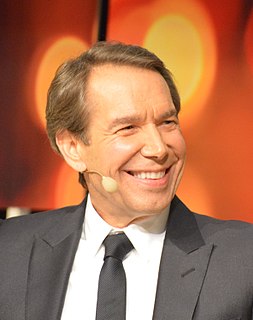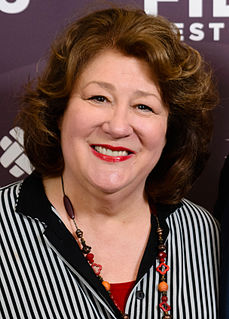A Quote by Thomas Jane
That's what I think is the neat thing about TV: how alive it is and how the writers respond to the stimulus that they're getting from the actual actors. Whereas a movie is more hermetically sealed.
Related Quotes
Stuff that happens to you in your life when you're shooting a TV show, you have to be careful, because it might end up in the show. And that's what I think is the neat thing about TV: how alive it is, and how the writers respond to the stimulus that they're getting from the actual actors. Whereas a movie is more hermetically sealed.
I couldn't take my eyes off of Stan [Lee]! As good as the movie is, all I could think about is, "What's he thinking?" So the movie ended, and then he, very whimsically, expressed all of his feelings about how long he waited, and how the TV shows in the '70s were all, "If only they could do this," and now they could. And he didn't get choked up and blubbery, but he was moved. Like, "Ohmigod, it happened while I was alive." And I can't believe I got to see that. He was very raw. It was quite beautiful.
The big difference I think between tv and stage is definitely the immediate buzz that you get. And that's not just as an actor, as an audience member you're getting the chance to have this kind of two-way process where the actors and the audience are experiencing the same thing. With tv you often have to wait months and months down the line to actually get the pay-off. Whereas with theatre it's a very immediate thing.
I can't do anything about how people who are all but completely unaware of my actual motivations and my actual thought process and my actual worldview, how they characterize me. There's not much I can do about it, except never say another word other than 'there's a ground ball to shortstop.' And I don't think that's going to happen.
I'm looking back at what I did and how it works. In a sense I'm waiting to see how people will respond. I'm waiting to see how you respond, without asking me to tell you what I think about it, because it is your job to give me an idea of how you go about thinking about this work. And if it's too absurd then, you know, I'll kick you out!
The thing about TV is that it's great work for directors because the responsibility is not ours at all. In a movie, you choose a movie, and everybody points his or her finger at you afterward. It doesn't matter how much influence you had on the script, how much decision you had, or the fact that you didn't have final cut.
There are certain artworks that I respond to, artists that I respond to. It's an intellectual reaction but it's also a biological reaction. And the excitement that the work can generate - how it makes you feel about not only your intellectual possibilities but your physical possibilities in this world. How it feels to be alive!
I love television because it's the most alive, because you don't know how it's going to end. It's a living thing. Sometimes the writers are watching you to see how things will unfold. Sometimes the writers have written it, and you come to it, and they have to change their way of going because of what you've done.
Just providing information about how bad things are, or the statistics and data on incarceration by themselves, does lead to more depression and resignation and is not empowering. The information has to be presented in a way that's linked to the piece about encouraging students to think critically and creatively about how they might respond to injustice, and how young people have responded to injustice in the past.



